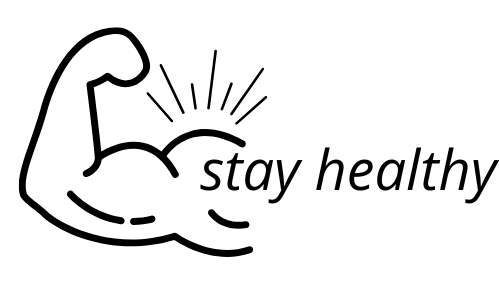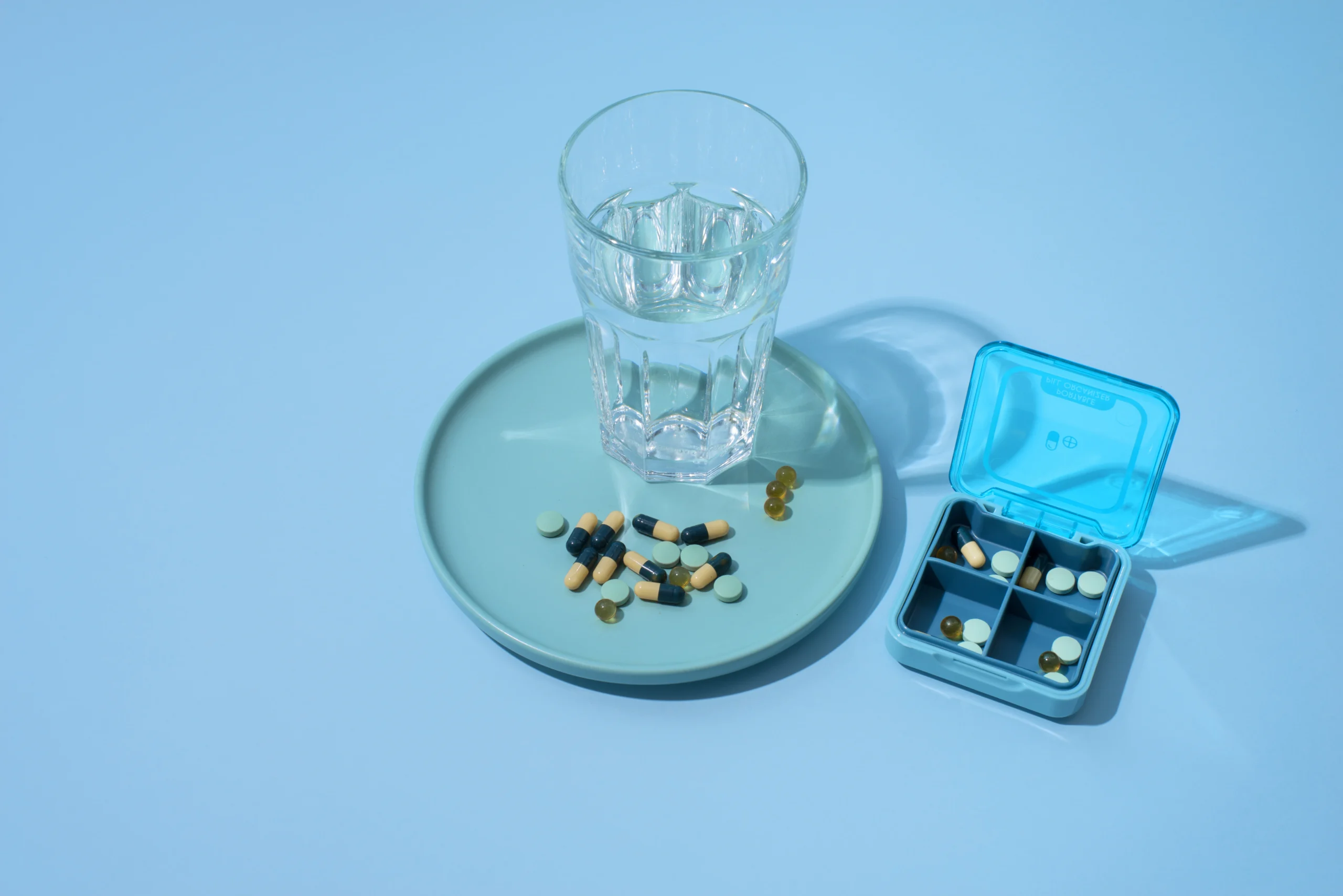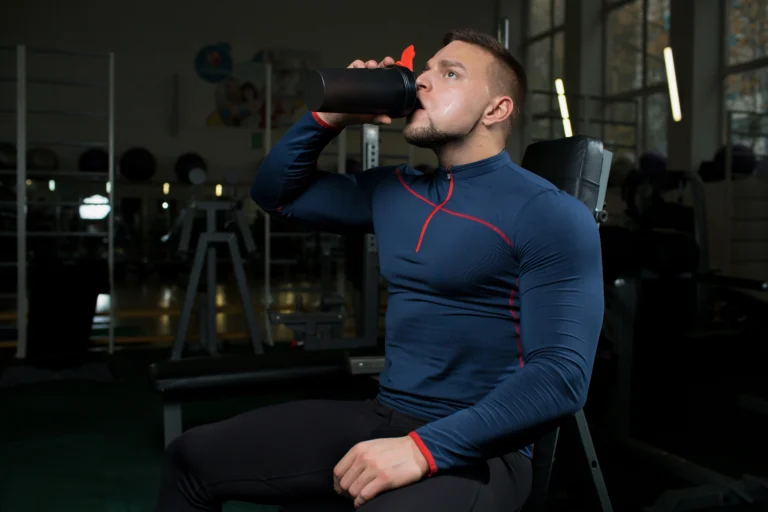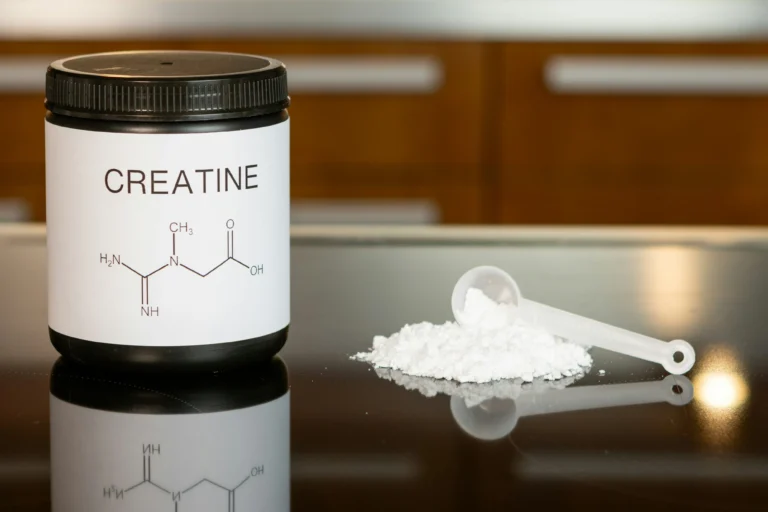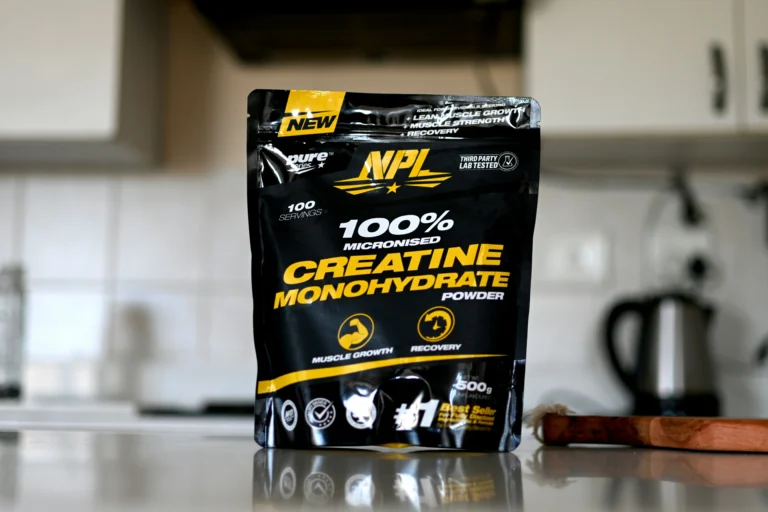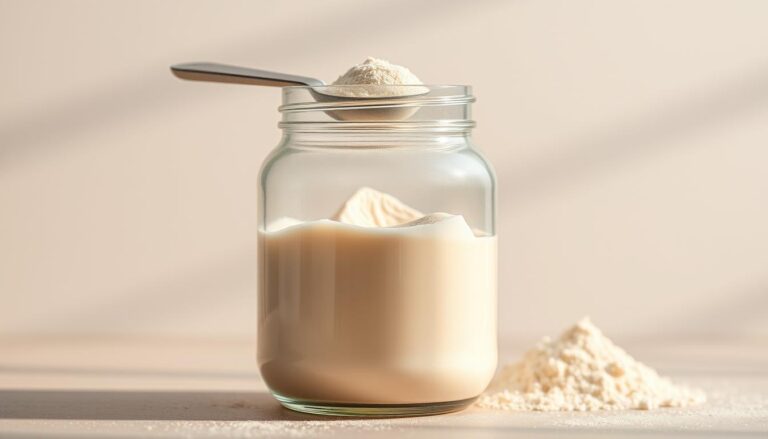Discover the Power of Zinc and Copper Supplements
Ever felt like your body was running on empty? Imagine tapping into a hidden energy reserve with two key minerals. Zinc and copper supplements could boost your health and energy.
Your body needs these trace elements every day. They help your immune system and keep your energy up. As supplements, they fill nutritional gaps.
Knowing how zinc and copper work can change your health game. They’re great for athletes, professionals, or anyone wanting to feel better. These supplements can improve your physical and mental health naturally.
Table of Contents
Key Takeaways
- Zinc and copper are crucial essential minerals for overall health
- Dietary supplements can help address potential mineral deficiencies
- These minerals support immune function and energy production
- Individual nutritional needs vary based on age, gender, and lifestyle
- Consulting healthcare professionals can help determine optimal supplementation
Understanding Essential Minerals: Zinc and Copper Basics
Minerals are key to keeping your body healthy. They are tiny but powerful, helping with many body functions. Since your body can’t make them, getting enough is vital for a strong immune system and overall health.
What Are Essential Minerals?
Essential minerals are found naturally and are needed by your body. They fall into two main groups:
- Macrominerals (needed in larger amounts)
- Trace minerals (required in smaller amounts)
The Role of Trace Elements in Body Function
Trace elements like zinc and copper are important immunity boosters. They help with:
- Enzyme production
- Hormone regulation
- Cellular communication
- Metabolic processes
Why Your Body Can’t Produce These Minerals
Your body can’t make trace elements, so you need to get them from food or supplements. The amount you need daily varies, with zinc needing 20 to 50 milligrams. Eating well or taking mineral supplements can fill any nutritional gaps and support your body’s needs.
Remember: Your health is directly connected to the minerals you consume!
The Science Behind Zinc and Copper Supplement Benefits
Explore the amazing world of zinc and copper supplements. Science shows how these minerals are key to your body’s health. They offer more than just antioxidant support.
Zinc is vital for many body functions. It helps with:
- Enzyme function and protein synthesis
- Immune system regulation
- Cellular protection through antioxidant support
Copper works with zinc to support the body. It’s important for:
- Energy production
- Central nervous system health
- Connective tissue maintenance
“Zinc and copper work synergistically to enhance your body’s natural defense mechanisms and metabolic processes.” – Nutritional Science Research Institute
Studies show zinc and copper’s big impact. A 2018 review found zinc levels are often low in people with autoimmune diseases. Zinc and copper supplements can boost immune function and overall health.
Recent research is exciting. A 2022 study found zinc supplements can lower death rates in hospitals. This shows zinc’s potential in improving health outcomes.
Key Functions of Zinc in Your Body
Zinc is a powerful mineral that keeps your body healthy. It’s the second most common trace element in us. Zinc helps with many important body functions, making sure you stay at your best.
Zinc is vital for many body functions. About 10% of all human proteins need zinc to work. Let’s look at how zinc helps your health:
Immune System Support
Your immune system needs zinc to fight off sickness. Zinc helps in:
- Producing and activating immune cells
- Supporting white blood cell function
- Reducing inflammation
- Fighting off potential infections
“Zinc is critical for developing and maintaining immune system strength.” – National Institutes of Health
Wound Healing Properties
Zinc is key for skin health and healing wounds. It helps make collagen and speeds up healing by:
- Promoting cell growth
- Reducing oxidative stress
- Supporting protein synthesis
- Enhancing tissue regeneration
Hormonal Balance and Reproduction
Understanding zinc’s role in hormones is important. Zinc helps with:
- Testosterone production
- Reproductive system development
- Fertility support
- Maintaining healthy hormone levels
Zinc supplements can help those with hormonal issues or wanting better reproductive health.
Copper’s Critical Role in Health Maintenance
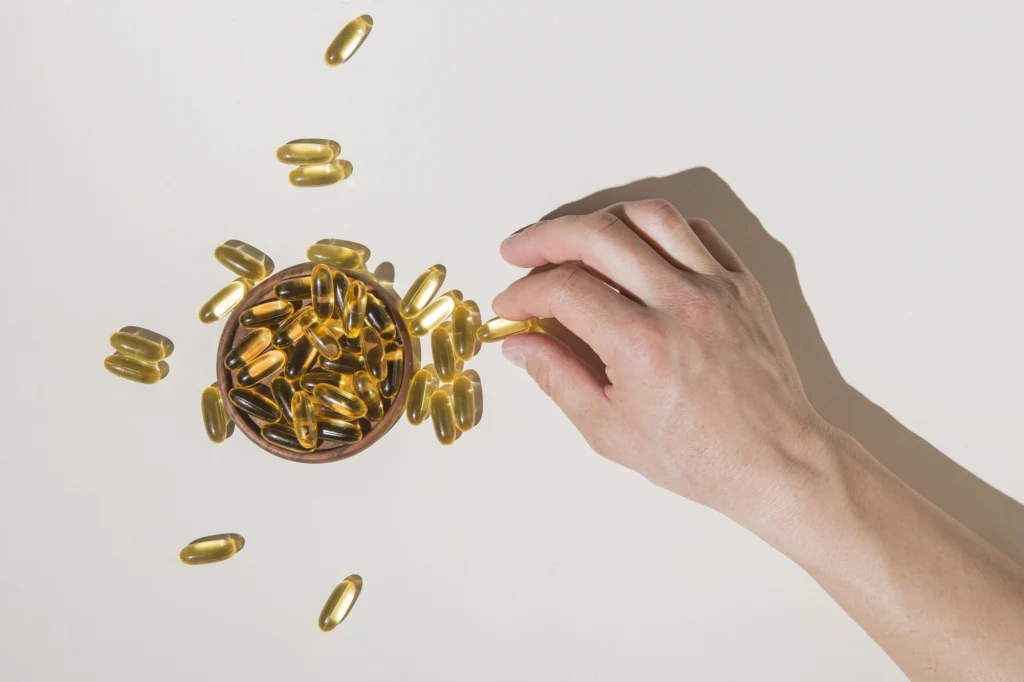
Copper is a vital mineral for your health. It helps with energy production and keeps your bones strong.
Your body needs copper for many important tasks. It helps turn nutrients into energy for your cells. Copper also helps your body use food efficiently.
- Supports energy production in cells
- Helps form healthy connective tissue
- Enhances central nervous system function
- Contributes to antioxidant defense mechanisms
Copper is key for strong bones. It helps make collagen and elastin, which keep bones flexible and strong. Studies show copper can slow down bone loss and reduce bone breakdown.
| Copper Function | Health Impact |
|---|---|
| Cellular Energy Production | Transforms nutrients into usable energy |
| Connective Tissue Formation | Supports collagen and elastin development |
| Antioxidant Protection | Shields cells from oxidative stress |
Copper also benefits your nervous system. It helps make neurotransmitters and myelin, which are vital for brain function. Copper ensures your brain and nerves work well together.
The Synergistic Relationship Between Zinc and Copper
Your body’s minerals work together in amazing ways, especially with zinc and copper. These trace minerals are crucial for your body’s functions. They help with antioxidant support and keeping you healthy.
Learning about zinc and copper’s balance is key. It helps you use mineral supplements better and avoid nutritional problems.
How These Minerals Work Together
Zinc and copper team up in important ways:
- They help activate enzymes and control metabolism.
- They boost your immune system.
- They protect cells with antioxidant support.
- They keep your nervous system healthy.
Optimal Absorption Strategies
To get the most from zinc and copper supplements, try these tips:
- Keep a balanced zinc-to-copper ratio.
- Take mineral supplements with food.
- Space out when you take each mineral.
- Choose supplements that are easy for your body to absorb.
Preventing Mineral Imbalances
Too much zinc can block copper absorption. It’s important to watch your zinc-to-copper ratio. Functional medicine testing can help you keep this balance right.
Proper mineral supplementation is about precision, not excess.
Regular tests and advice from experts are crucial. They help you keep zinc and copper in balance. This supports your health and well-being.
Recommended Daily Dosages and Safe Supplementation
Knowing the right amount of zinc and copper supplements is key for good health. These trace elements are important for how our bodies work. But, it’s important to get the right amount.
Adults need different amounts of zinc based on their gender and age. Here’s what’s recommended:
- Adult males: 11 mg per day
- Adult females: 8 mg per day
- Pregnant women: 11-12 mg per day
- Breastfeeding women: 12-13 mg per day
When taking zinc and copper supplements, it’s important to know the safe limits. Too much can be harmful. Adults should not take more than 40 mg per day.
Nutrition experts suggest a balanced approach to supplements. A good supplement might have 20 mg of zinc and 2 mg of copper. Remember, everyone’s needs are different. This depends on:
- Dietary habits
- Health conditions
- Lifestyle
- Age and gender
Always talk to a healthcare professional before starting supplements. They can guide you on the right amount for your health needs.
Natural Food Sources Rich in Zinc and Copper
Learning about dietary supplements begins with knowing natural sources of essential minerals. Zinc and copper are key for your health. Eating foods rich in these minerals can help you get what you need without supplements.
Top Zinc-Containing Foods
Zinc is vital for your body’s functions. Here are some foods high in zinc:
- Oysters: Provide 32 mg of zinc per 2 oz (291% daily value)
- Beef: Bottom sirloin offers 3.8 mg per 3 oz (35% daily value)
- Seafood: Blue crab contains 3.2 mg per 3 oz (29% daily value)
- Fortified cereals: Up to 2.8 mg per serving (25% daily value)
- Pumpkin seeds: 2.2 mg per 1 oz (20% daily value)
Best Dietary Sources of Copper
Copper is crucial for your body’s functions. Here are the top copper-rich foods:
- Beef liver
- Dark chocolate (70-80% cacao)
- Cashews
- Potatoes
- Shiitake mushrooms
Balanced Meal Planning Tips
Planning meals can boost your mineral intake. Mix different foods for balanced meals. Vegetarians and vegans, try hemp seeds, lentils, and fortified foods for your mineral needs.
Remember, variety is key to obtaining essential minerals through your diet.
Signs of Deficiency and Who Should Supplement

Knowing the signs of zinc and copper deficiency is key to keeping your health in check. Some groups face a higher risk of these mineral deficiencies. This can affect your immune system and overall health.
Zinc deficiency shows up in several ways:
- Impaired immune function
- Slow wound healing
- Reduced appetite
- Altered sense of taste
- Potential hair loss
Who’s more likely to face zinc and copper deficiencies?
- People with digestive issues
- Vegetarians and vegans
- Pregnant women
- Breastfeeding mothers
- Adults over 60
“Recognizing deficiency symptoms early can prevent long-term health complications”
Copper deficiency can show up in different ways, like neurological issues, anemia, and a weak immune system. The safe daily intake of zinc is 40 milligrams. This helps avoid mineral imbalances in your body.
Always talk to a healthcare professional before starting any supplements. They can tailor advice to fit your health needs and risks.
Potential Side Effects and Interactions
It’s important to know the side effects of zinc and copper supplements. These minerals are key for our health, but too much can cause problems.
Too much zinc can make you feel sick:
- Nausea and stomach discomfort
- Vomiting
- Headaches
- Loss of appetite
- Diarrhea
Zinc can also mess with some medicines. It might make them not work as well or cause bad reactions. This includes:
- Antibiotics
- Diuretics
- Blood pressure medications
Too much zinc over time is very risky. It can cause a lack of copper, upsetting your body’s balance. The FDA says adults shouldn’t take more than 40 mg of zinc a day to stay safe.
Some people need to be extra careful with these supplements. This includes those with health issues, taking many medicines, or with weak immune systems. They should talk to a doctor before starting any supplements.
Always choose balanced nutrition and get medical advice before taking supplements.
How to Choose Quality Zinc and Copper Supplements
Finding the right mineral supplements can be tough. This guide will help you pick top-quality zinc and copper supplements. It’s all about making smart choices for your health.
When looking for zinc and copper supplements, focus on these important factors. They ensure you get a product that really works for your health.
Important Label Information to Examine
Check these key details on supplement labels:
- Precise mineral dosage amounts
- Specific mineral forms used
- Additional ingredients or fillers
- Recommended daily serving size
Third-party Testing Standards
Good zinc and copper supplements go through strict third-party testing. Certification from independent labs means:
- Product purity
- Accurate mineral content
- No harmful contaminants
- Consistent quality
“Quality supplements start with clear testing and verification” – Nutritional Health Experts
Bioavailability and Supplement Forms
Various mineral forms affect how well your body absorbs them. Zinc monomethionine and copper glycinate are top choices because they’re easily absorbed.
A good trace mineral supplement has about 20 mg of zinc and 2 mg of copper. Pick supplements that meet these amounts without going over.
Conclusion
Zinc and copper supplements are key for good health. They help your body work right. Studies show they boost your immune system, energy, and overall health.
Zinc and copper need to be in balance for your body to function well. Everyone’s needs are different. Talking to a doctor can help figure out if you need these supplements.
More research is coming out on these minerals. Your body needs the right mix of minerals to stay healthy. Eating well, living healthy, and sometimes taking supplements are the best ways to stay healthy.
As science learns more, we’ll understand zinc and copper better. Listen to your body and talk to doctors to find the best nutrition plan for you.
